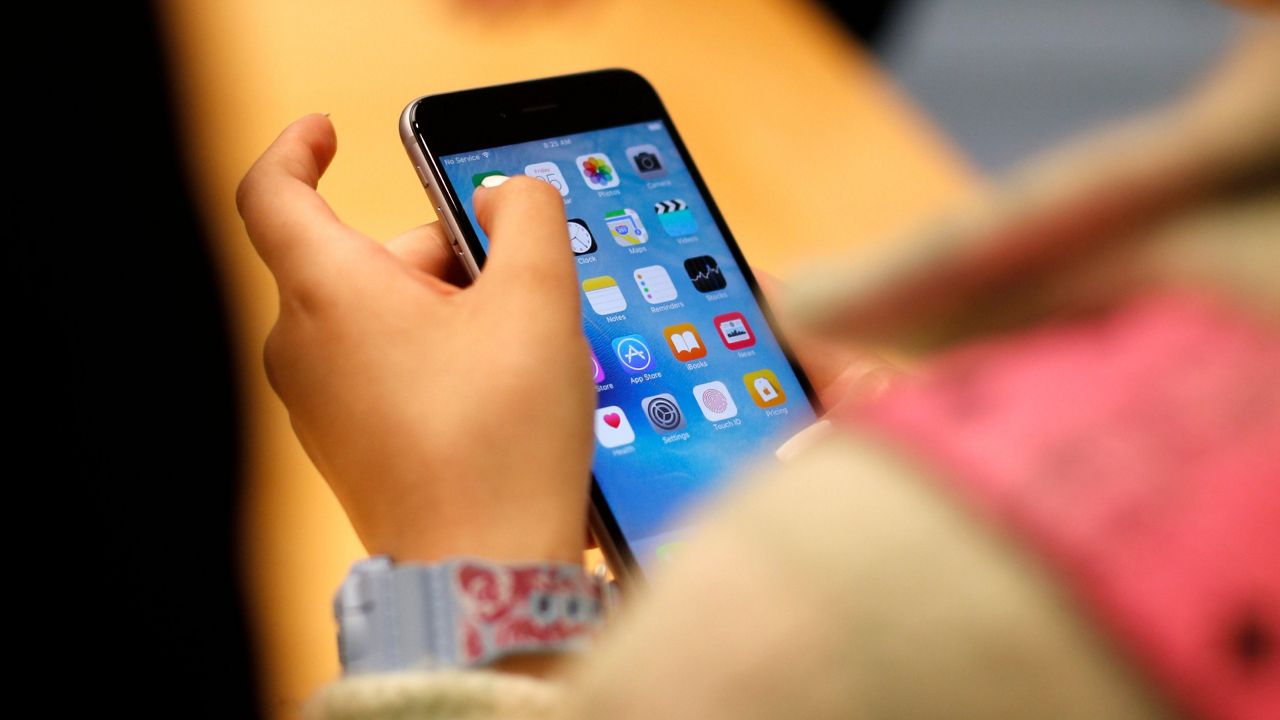PASCO COUNTY, Fla. -- Search "COVID-19" in Apple's App Store, and dozens of downloadable options will pop up.
- CORONAVIRUS LIVE UPDATES: In the Central Florida area | In the Tampa Bay area
- Dozens of apps related to COVID-19 are available for download
- Apps can help assess symptoms, compile data for researchers, and help families develop disaster plans
- USF associate professor recommends only installing apps from trusted services
"They say necessity is the mother of invention, so there is definitely a need for technology assistance during this crisis. So, it is natural that people start to develop apps and other types of services," said University of South Florida Computer Science and Engineering Dept. Associate Professor Sriram Chellappan.
One of those apps is Disaster Hawk. It walks users through creating disaster plans for a range of situations -- tornadoes, hazardous material spills, and, yes -- coronavirus.
"One of the things that's really important is -- how do you self isolate? How do you quarantine your family in your home? So, what are the logistics challenges, what kind of things do you have to have in place?" said the app's creator, Patrick Hardy.
Disaster Hawk also guides users through the process of creating a disinfection table for items brought into the home and how to create a clean room for someone who's among those at high risk for the virus or for a family member who already has it.
"I've been working in emergency management for about 15 years, and we do prepare for pandemics and things, but what makes COVID-19 very unique is that it is a very fluid type of emergency. The information that may be correct this week may not be correct next week. In fact, things that may be correct now may not even be correct tomorrow. So, it forces us to constantly be reevaluating, constantly updating, and actually, that's one of the strengths of the app," said Hardy. "We can update questions, we can update answers right as they're occurring. Otherwise, if you have a written plan, you'd have to constantly reevaluate."
Chellappan said when it comes to choosing which app to download, there are some factors to consider.
"Mainly what I look for is whether the app is built by people that I kind of trust, whether they have experience in the space, and also, I like to see what claims are being made in the app and to see if those claims are reasonable," said Chellappan.
Among those Chellappan said stand out are:
- Apple COVID-19 -- Developed in partnership with the CDC, White House, and FEMA, this app gives users CDC recommendations based on risk factors, recent exposure, and symptoms.
- COVID Symptom Tracker -- This app asks users to track symptoms -- or lack thereof -- daily. According to the app, that data will be used to help scientists at Stanford University, Harvard University, Massachusetts General Hospital, and King's College London to identify how fast the virus is spreading and where high risk areas are located.
- HEALTHYLYNKED COVID-19 Tracker -- This app allows users to self-report if they test positive for the virus and alert anyone they may have come in contact with. Chellappan said a unique feature here is the chat option, but he also notes users have to be careful when using this. "It can lead to the transfer of misinformation. You really don't know who you're chatting with, and scammers might potentially take advantage of this kind of chat functionality," he warned.
In addition to downloading apps from trusted services, Chellappan recommends users read the terms of use and understand what kind of data is being shared.



